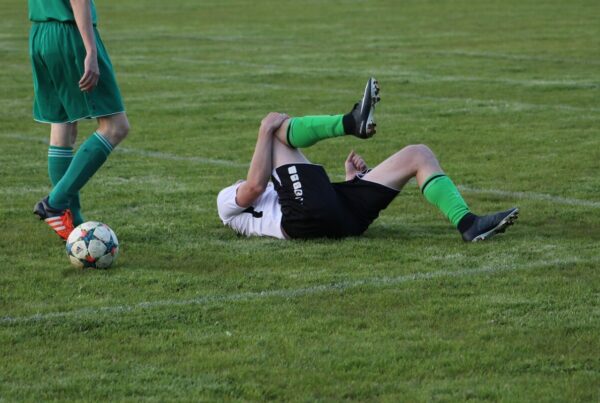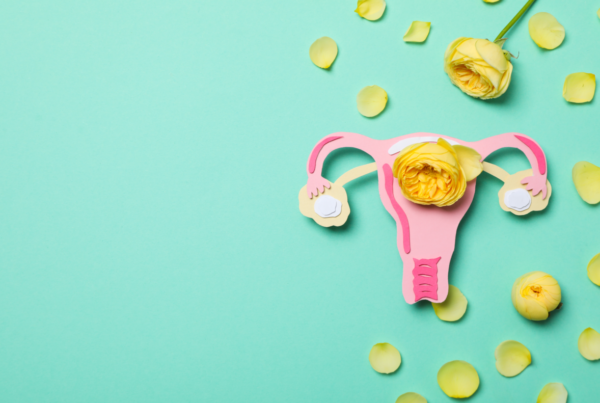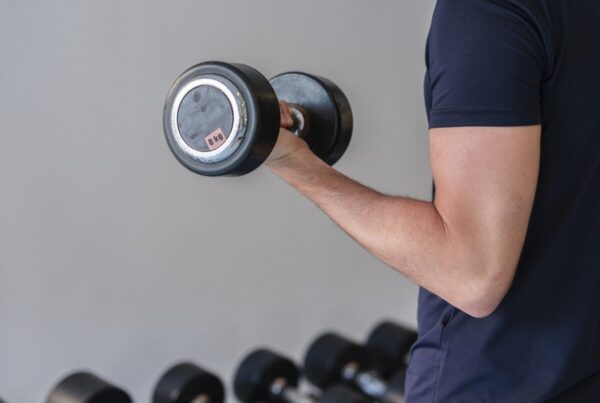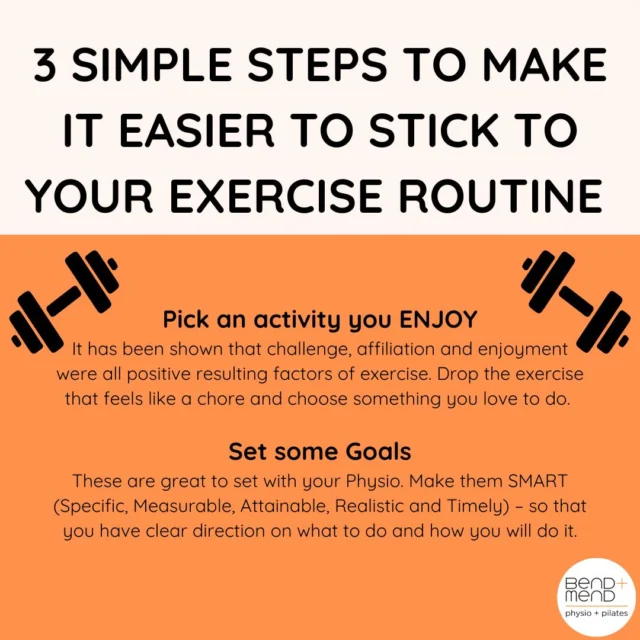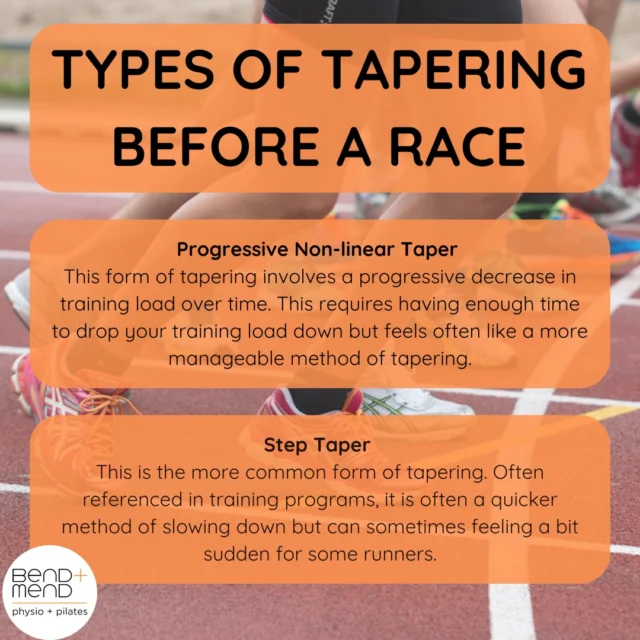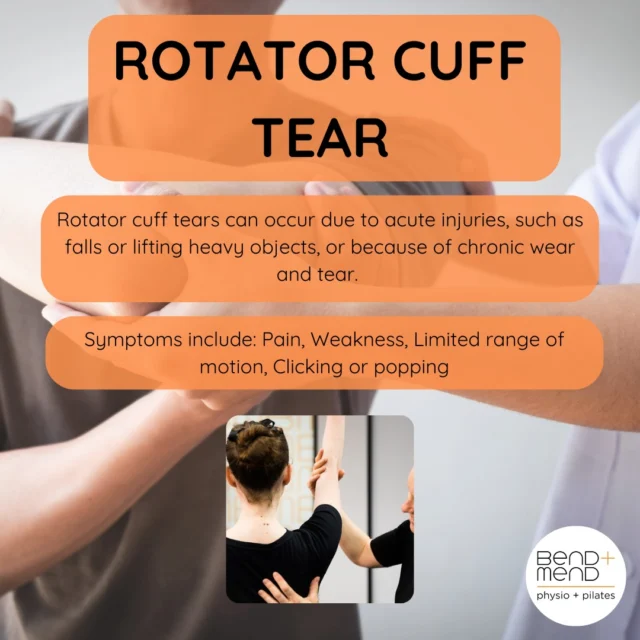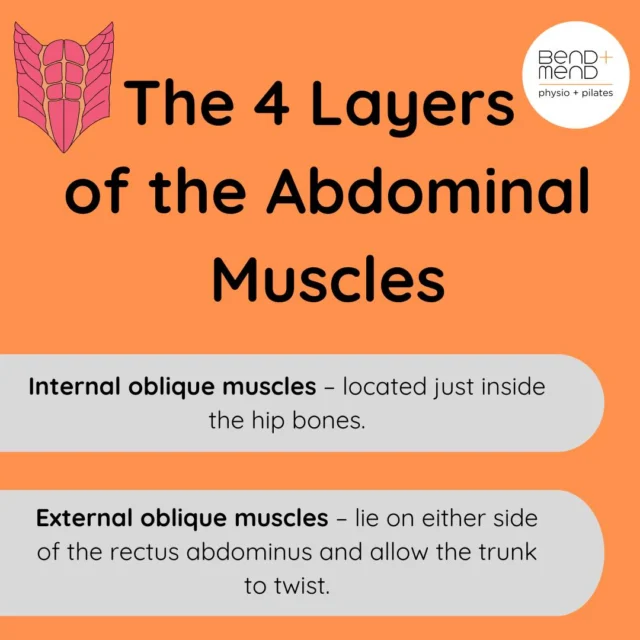Many of us know the common acronym RICE which stands for Rest, Ice, Compression and Elevation. This has been the standard recommendation for the initial treatment of an acute soft tissue injury by physiotherapists, doctors and specialists since the 1970’s. In more recent times other recommendations have paved their way into the management of soft tissue injury including PRICE, with protection of the affected area (potentially using a brace or support like crutches) from further injury. The POLICE method has also been purposed, with protection and optimal loading encouraged.
A 2019 study published in the British journal of sports medicine has offered an alternative approach to treatment, recognising that the former methods focus heavily on acute management and ignore the sub acute and chronic stages of injury. The acronyms cover the rehabilitation continuum from immediate care PEACE to subsequent management LOVE.
- Immediately after a soft tissue injury, do no harm and let PEACE guide your approach
Protect
Unload or restrict movement for the first 1-3 days to minimise bleeding and reduce the risk of further aggravation of the injury. Rest should be minimised as prolonged rest can affect tissue strength and quality.
Elevate
Elevate the affected limb above the heart to encourage the flow of extra fluid out of the tissue.
Avoid anti-inflammatory modalities
Anti-inflammatory medication may negatively affect long term tissue healing. The various phases of inflammation contribute to optimal soft tissue regeneration. Inhibiting this process may impair tissue healing.
Researchers also questioned the use of cryotherapy (ice) despite its widespread use, citing there is no high quality evidence for its efficacy in treating soft tissue injury. They hypothesised ice could potentially lead to impaired tissue regeneration, however conceded its use as an effective analgesic (pain relief modality).
Compress
External pressure using either tape or bandages helps to limit intra-articular oedema (swelling) and tissue haemorrhage (bleeding).
Educate
Patients should be educated on the importance of an active approach to recovery, their specific condition, realistic recovery times and load management.
- After the first few days have passed, soft tissue injuries need love
Load
An active approach with movement and exercise should be encouraged and normal activities resumed as soon as symptoms allow. Optimal loading without exacerbating pain promotes repair, remodelling and building tissue tolerance of muscle and connective tissues.
Optimism
We now know the brain plays an integral role in the rehabilitation process. Catastrophizing, fear and anxiety are major barriers to recovery and can lead to a poor prognosis.
Vascularisation
Pain free cardiovascular activity should begin a few days after injury to increase blood flow to the injured site. Early movement has been shown to improve function and reduce the need for pain medications.
Exercise
Exercises will help to regain mobility, strength, proprioception (positional awareness) and reduce the prevalence of recurrent injuries. Pain should be avoided to allow optimal repair early on then used as a guide to progress the difficulty of exercises.
Not all injuries are the same just as not all people are the same, there is no cookie cutter approach! The injury AND the person need to be treated for optimal management. If you have sustained a soft tissue injury and need assistance with rehabilitation be sure to make a booking with one of our Physios at Bend + Mend in Sydney’s CBD so you get the appropriate treatment for your injury and yourself.
References:
Dubois B, Esculier J Soft-tissue injuries simply need PEACE and LOVE British Journal of Sports Medicine 2020;54:72-73.
